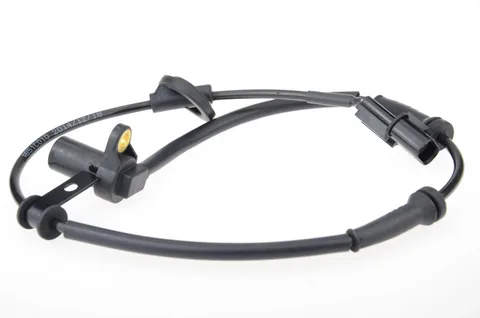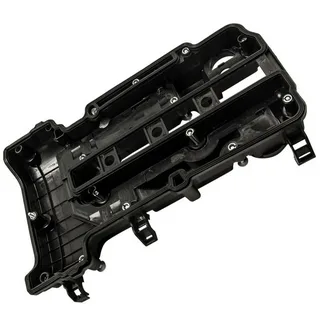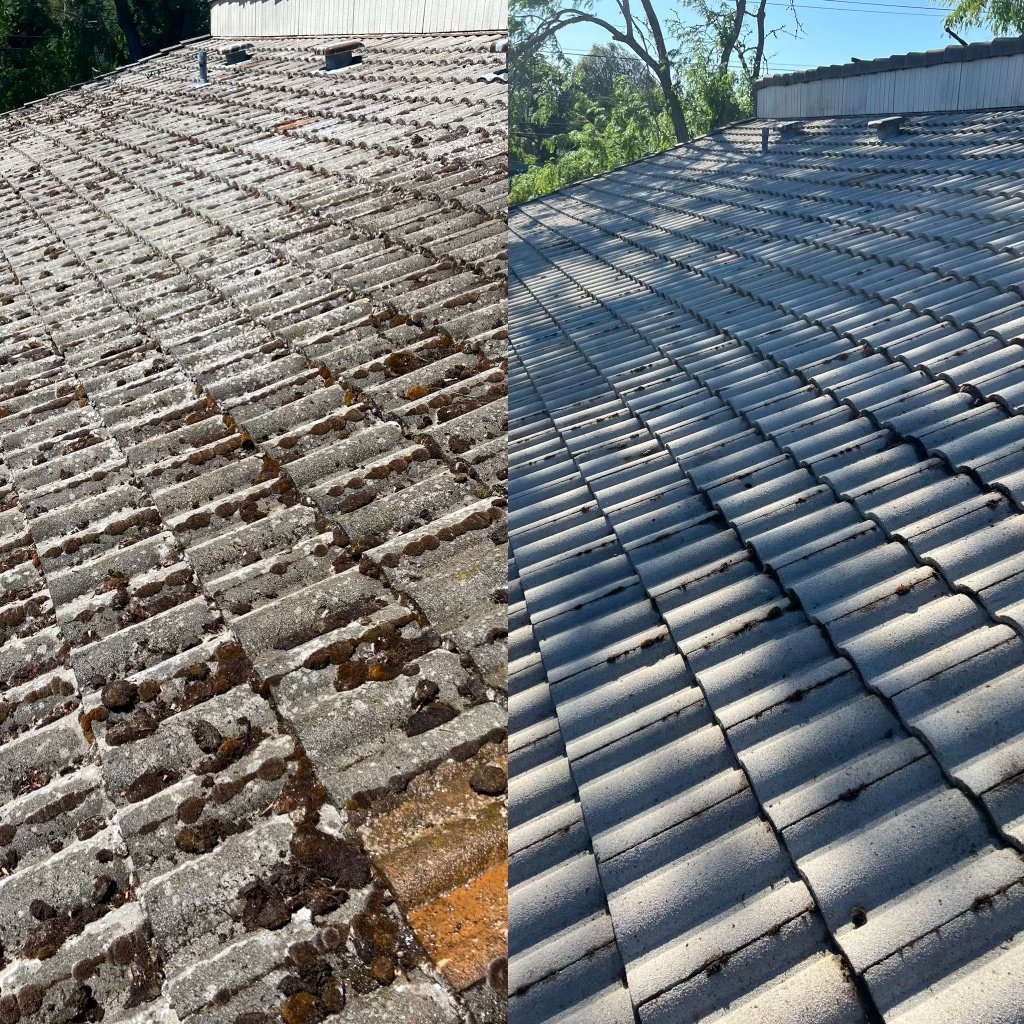When it comes to vehicle safety, understanding your car’s systems is crucial. One of the unsung heroes in this realm is the ABS sensor, especially for Hyundai Getz owners. This little device plays a pivotal role in ensuring that you can stop safely and effectively during sudden braking situations. Ignoring its significance could lead to serious issues on the road. If you’re driving a Hyundai Getz or planning to own one, knowing about your ABS sensor is essential not just for your safety but also for maintaining your vehicle’s performance. In this guide, we’ll dive deep into everything from how Hyundai Getz ABS Sensor work to common problems and their solutions.
Understanding the Role of the ABS Sensor
The ABS sensor, or Anti-lock Braking System sensor, is critical for your Hyundai Getz’s safety and performance. It monitors the wheel speed and relays that information to the vehicle’s computer. This data ensures that you maintain control during braking by preventing wheel lockup.
When you apply the brakes suddenly, the ABS system kicks in to modulate brake pressure. This smart adjustment allows your wheels to keep turning rather than skidding across the road surface. As a result, it enhances traction and stability while reducing stopping distances.
Without this vital component functioning well, your Getz may experience longer stopping times or even loss of control on slippery surfaces. Understanding its role helps underscore why regular checks are essential for safe driving experiences in your Hyundai Getz.
How the ABS Sensor Works in a Hyundai Getz
The ABS sensor in a Hyundai Getz plays a crucial role in vehicle safety. It continuously monitors the speed of each wheel, ensuring that the Anti-lock Braking System functions correctly. This sensor detects any differences in rotation between wheels during braking.
When you press the brake pedal, the ABS system activates to prevent wheel lock-up. If one or more wheels begin to slow down too quickly, indicating potential skidding, the ABS engages to modulate brake pressure. This allows for maximum control and stability on slippery surfaces.
Each wheel has its own sensor which feeds data to the vehicle’s ECU (Electronic Control Unit). The ECU processes this information and adjusts braking power accordingly. By doing so, it enhances your driving experience while significantly improving safety on various road conditions.
Common Signs of a Failing ABS Sensor
When your ABS sensor starts to fail, you may notice the ABS warning light on your dashboard. This alert is often the first sign that something isn’t right with your system. Ignoring it can lead to bigger safety issues down the road.
Another common indication is a change in braking behavior. If you feel pulsations or experience longer stopping distances, these could be symptoms of an abs sensor issue. Your vehicle’s stability might also be affected during slippery conditions.
You might also hear unusual noises when applying brakes, such as grinding or clicking sounds. These noises signal that components are not functioning properly and require immediate attention for safe driving. Keep an eye out for these signs to ensure your Hyundai Getz remains in top condition.
Causes of ABS Sensor Malfunctions
ABS sensor malfunctions can stem from various issues that car owners should be aware of. One common cause is exposure to dirt and debris. These sensors are often located near the wheel, making them susceptible to grime buildup, which can affect their performance.
Electrical problems are another frequent culprit. Worn-out wiring or loose connections may disrupt the signal between the ABS sensor and the vehicle’s computer system, leading to erratic behavior or warning lights on your dashboard.
Physical damage is a significant factor in ABS sensor failure. Accidents or road hazards can knock these sensors out of alignment or even break them entirely, resulting in reduced braking efficiency. Regular inspections help catch such issues early on before they escalate into costly repairs.
Diagnosing ABS Sensor Issues
Diagnosing ABS sensor issues in your Hyundai Getz can seem daunting, but it’s manageable. Start by checking for warning lights on the dashboard. If the ABS light is illuminated, it’s a clear indication that something isn’t right.
Next, consider using an OBD-II scanner to read any error codes associated with the anti-lock braking system. This tool provides valuable insights into which sensor may be malfunctioning or if there are other underlying problems affecting performance.
Additionally, inspecting the physical condition of the sensors and wiring harnesses is crucial. Look for signs of wear, dirt buildup, or loose connections. A visual inspection can often reveal obvious issues before delving deeper into more complex diagnostics.
Steps to Replace a Faulty Getz Wheel Speed Sensors
Replacing a faulty Getz Wheel Speed Sensors can be straightforward. First, ensure the vehicle is parked on a level surface and secure it with wheel chocks. Lift the car using a jack and support it with jack stands for safety.
Next, locate the wheel speed sensor at each wheel hub. Disconnect any electrical connectors carefully to avoid damaging them. Use appropriate tools to remove the mounting bolt securing the sensor, then gently pull it out from its housing.
Install the new ABS sensor by reversing these steps. Make sure it’s adequately seated before tightening the bolts securely. Reconnect all electrical connectors and lower your vehicle back to the ground, ensuring everything is reassembled correctly for optimal performance.
Tools Required for ABS Sensor Replacement
When replacing the ABS sensor in your Hyundai Getz, having the right tools is essential for a smooth and efficient process. Proper tools make the job easier and help prevent damage to the vehicle’s components. Below are the key tools you’ll need to replace the ABS sensor successfully.
Jack and Jack Stands
A reliable jack and sturdy jack stands are necessary to lift and secure your Hyundai Getz safely. This ensures you have enough space to access the ABS sensor, which is typically located near the wheel hub.
Socket and Wrench Set
A quality socket and wrench set is crucial for removing the bolts and fasteners holding the ABS sensor in place. Ensure you have metric and standard sizes to match your vehicle’s specifications.
Screwdrivers
Both flathead and Phillips screwdrivers may be needed to disconnect wiring harnesses or remove clips securing the ABS sensor. Having a variety of sizes ensures you’re prepared for different fasteners.
Wire Brush and Cleaning Solution
Cleaning the mounting area is essential before installing the new ABS sensor. A wire brush and cleaning solution helps remove dirt, rust, and debris, ensuring a proper fit for the new sensor.
Multimeter
A multimeter is useful for testing the electrical connections of the ABS sensor. This tool helps verify that the sensor is functioning correctly and that there are no issues with the wiring or connections.
Resetting the ABS Warning Light
Resetting the ABS warning light in your Hyundai Getz can be straightforward. First, address any underlying issues with the ABS before resetting the light. Ignoring potential problems could lead to safety risks while driving.
You typically need an OBD-II scanner or diagnostic tool to reset the ABS warning light. Connect the device to your vehicle’s port and follow the prompts on the device. This will allow you to clear any fault codes associated with the ABS sensor.
After resetting, take your car for a short drive. Monitor whether the warning light reappears; if it does, further investigation into possible sensor malfunctions may be necessary. Regular checks and proper maintenance help keep your braking system functioning optimally.
Preventative Maintenance for Longevity
Regular preventative maintenance is essential for ensuring the longevity of your ABS sensor in the Hyundai Getz. Simple checks, such as inspecting wheel speed sensors and wiring connections, can help identify potential issues before they escalate. Keeping components clean and free from debris enhances their performance.
Routine brake system inspections should also be part of your maintenance schedule. Check brake fluid levels, as low fluid can lead to erratic sensor readings. A well-maintained braking system supports optimal function and ensures safety on the road.
Additionally, driving habits play a crucial role in sensor lifespan. Avoid sudden stops or aggressive acceleration whenever possible. Gentle driving will not only extend the life of your ABS sensors but also contribute to overall vehicle health.
Cost Considerations for Repair and Replacement
Several factors affect the cost of repairing or replacing the ABS sensor in your Hyundai Getz. Labor costs can vary significantly depending on where you take your car. A dealership may charge more than an independent mechanic but offers specialized expertise.
Another consideration is the price of parts. OEM (Original Equipment Manufacturer) sensors typically cost more than aftermarket options. However, opting for cheaper alternatives may lead to further issues.
Additionally, waiting too long to address a malfunctioning ABS sensor could result in more extensive damage and higher repair bills later. Addressing problems early keeps costs manageable and ensures that other braking components remain unaffected.
Conclusion
Understanding your Hyundai Getz ABS Sensor is crucial for maintaining safety and performance. Regular checks can prevent more significant issues, helping you avoid costly repairs. Being proactive with diagnostics will keep your vehicle running smoothly. If you notice any signs of a failing ABS sensor, addressing them promptly can save you time and hassle. Investing in preventative maintenance ensures that your driving experience remains reliable and safe. Embrace knowledge about this essential component, as it plays a vital role in modern braking systems.
FAQs
Knowing key information about the ABS sensor for your Hyundai Getz can significantly enhance your vehicle’s safety and performance. Here are five frequently asked questions that touch on essential aspects of the ABS sensor.
What does an ABS sensor do in a Hyundai Getz?
The ABS sensor monitors wheel speed and relays data to the vehicle’s anti-lock braking system. This ensures optimal braking under various conditions and prevents wheel lock-up during emergency stops.
How can I tell if my ABS sensor is failing?
Common signs include a warning light on the dashboard, unusual braking noises, or the vehicle skidding during hard stops. It may be time for an inspection if you notice any of these symptoms.
Can I drive with a faulty ABS sensor?
While driving with a malfunctioning ABS sensor is possible, doing so compromises safety. Without proper sensor feedback, your brakes may not respond effectively in emergencies.
What causes Getz Wheel Speed Sensors malfunction?
Factors such as physical damage from road debris, corrosion due to environmental exposure, or electrical issues can lead to malfunctions in your Getz Wheel Speed Sensors.
How much will replacing an ABS sensor on my Hyundai Getz cost?
Replacement costs vary based on location and labor rates but typically range from $100-$300 per unit. It’s advisable to consult with professionals for accurate estimates tailored to your specific needs.
Understanding these aspects of your vehicle’s sensor will help maintain its performance while enhancing the safety features built into every Hyundai Getz
| Related Business Listings |
| Contact Directory |
| Local Business Profiles |




